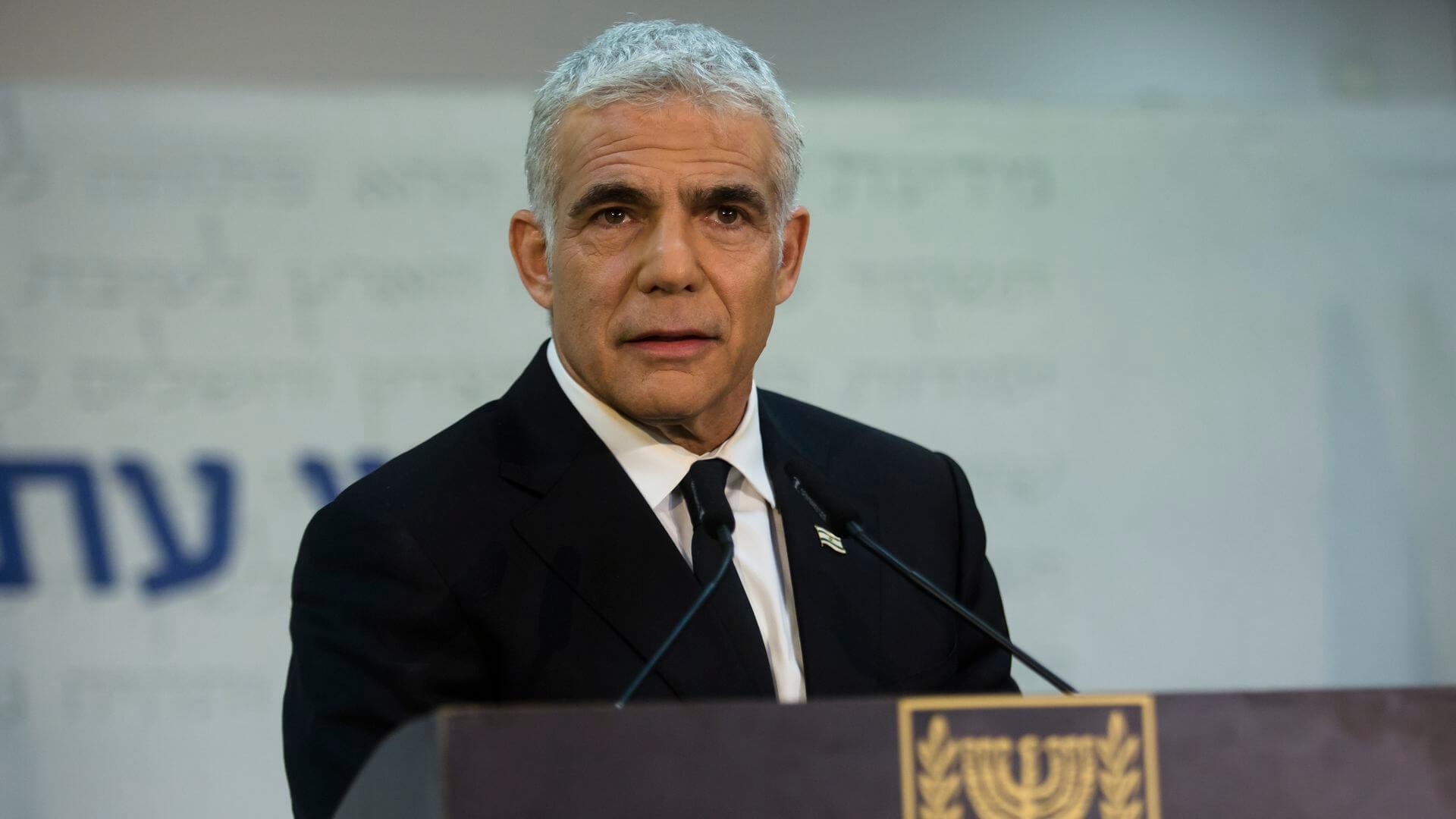Israel has expressed interest in deepening security ties with Australia and the Five Eyes alliance to counter cyberattacks and combat terrorism. The Five Eyes alliance is comprised of Australia, the United States (US), the United Kingdom (UK), New Zealand, and Canada.
In an interview with The Sydney Morning Herald and The Age, Israeli Foreign Minister Yair Lapid said his country is willing to deepen ties with Australia and other countries in the Indo-Pacific region. Lapid also said that Israel hopes to strike a free trade agreement with Australia that would allow both countries to expand trade and create jobs. Additionally, he discussed the prospect of introducing direct flights between both countries.
Lapid’s remarks come amid heightened tensions with Iran, which has threatened to blow up the Israeli nuclear facility in Dimona and attack Jerusalem and Tel Aviv. Meanwhile, Australia has sought to expand its partnerships across the Indo-Pacific as it looks to reduce its reliance on China amid an enduring diplomatic and trade spat.
In recent times, there have been repeated calls to expand the Five Eyes alliance, with Israel and Japan touted as potential members. In this regard, Lapid said Israel has extensive ties with all alliance members, including an intelligence-sharing and security partnership with the US. To this end, he said, “We’re focused on continuing to deepen these ties through their existing frameworks and agreements, and we would consider any other options for expanding these ties should they present themselves.”
Furthermore, Lapid said Australia’s law enforcement agencies would now have the opportunity to hunt Hezbollah’s terror network, a nod to the Morrison administration’s decision last month to declare Hezbollah a terrorist organisation. In fact, while speaking with Australian Foreign Minister Marise Payne a few weeks ago, Lapid said Israel would be interested in deepening security cooperation with Australia after it listed Hezbollah as a terrorist entity.
During the interview, Lapid noted that countering cyberattacks by Iran and its support for dictators and terrorist proxies should be a priority for both countries as part of the 2019 memorandum of understanding on cyber security. He said: “As a global cyber security leader, Israel certainly has expertise and experience to share with Australia. And we know Australia is today prioritising and making record investments in cyber security, which will offer even more ways for Israel to learn from Australia as well.”
Moreover, he stressed that the friendship between both countries is based on joint commitments to human rights and fundamental elements of democracy, including religious and press freedoms, a strong civil society, and an independent judiciary. He also thanked the Morrison government for supporting International Holocaust Remembrance Alliance’s working definition on antisemitism.
Foreign Minister Marise Payne has faced a grilling over the controversial plans to move Australia’s embassy in Israel to Jerusalem. @CUhlmann #auspol #9News pic.twitter.com/Og4VfEuah4
— 9News Queensland (@9NewsQueensland) October 25, 2018
Both nations share cordial relations, supported by Australia’s active Jewish community. Australia is also committed to a two-state solution for the Israel-Palestine conflict. Consistent with this policy, in 2018, Australia recognised West Jerusalem as the capital of Israel. At the same time, Australia has often condemned the unfair targeting of Israel in the United Nations and other multilateral organisations. Furthermore, from 2019-2020, Australia exported $345 million worth of goods and services to Israel and imported $1.02 billion worth of goods from the country during the same period.

